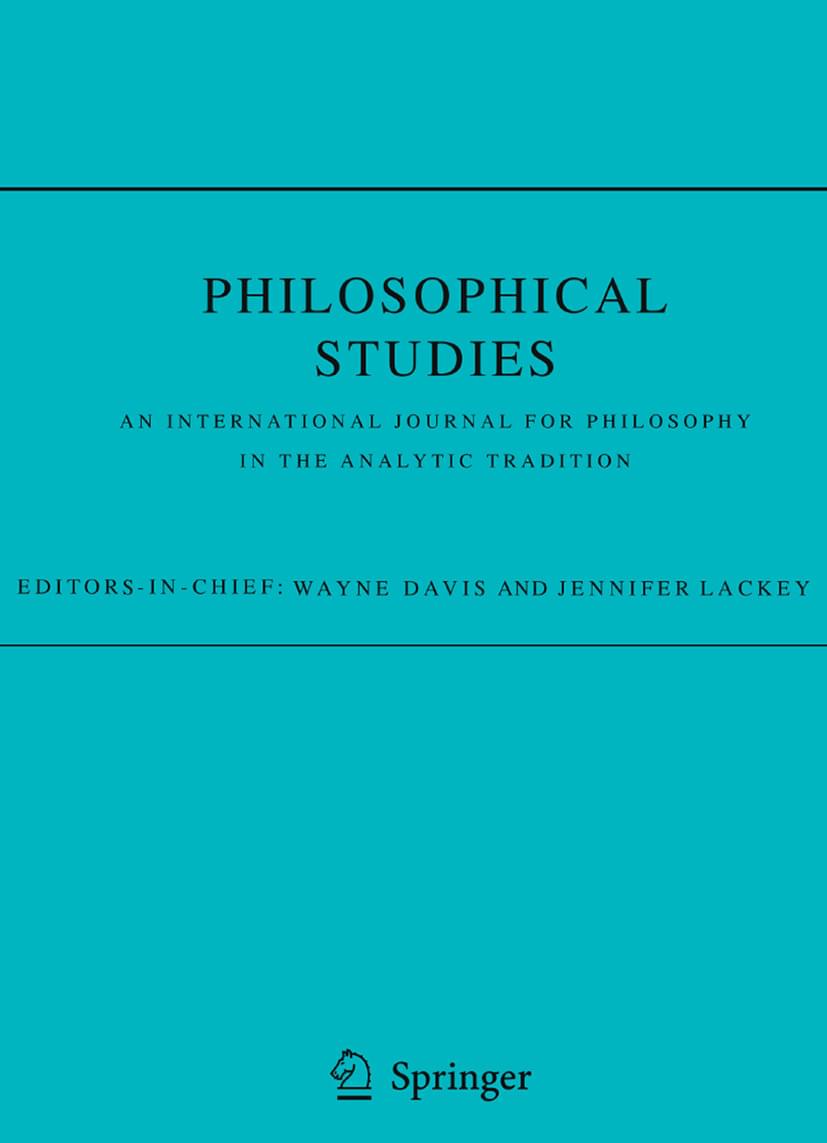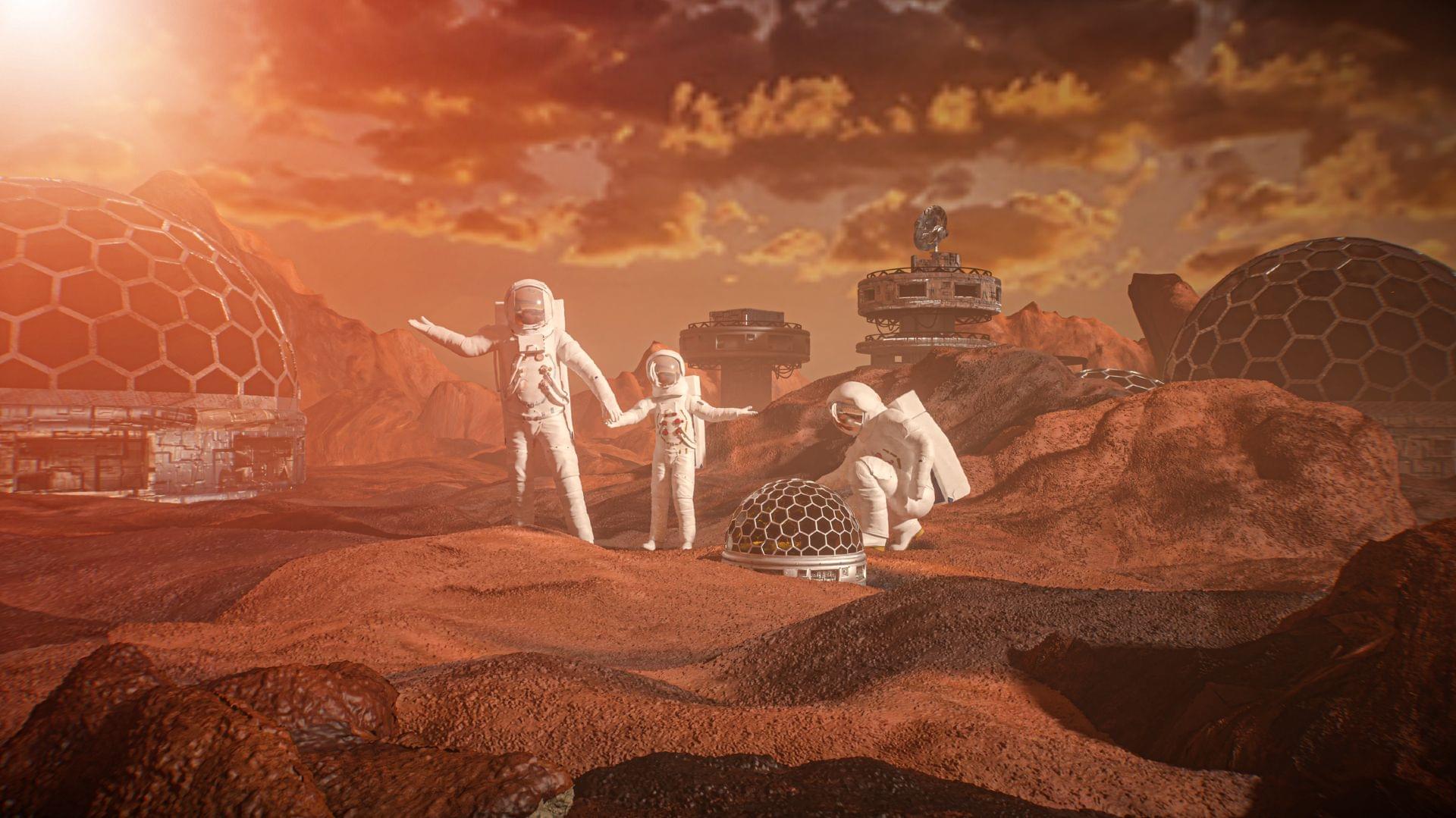From the article:
The thematic analysis revealed that synesthete dreams systematically differed from control dreams in four distinct categories. People with synesthesia were more likely to describe dreams involving digital life. This theme included references to scrolling, screens, computer accounts, and routine technology use.
Synesthetes also reported more dreams centered on interpersonal regret. This theme featured scenarios involving guilt, moral conflict, missed opportunities, and urgent apologies. The scientists note that this aligns with the heightened emotional reactivity and memory retention frequently observed in people with synesthesia.
The third prevalent theme in synesthete dreams was diverse worlds. This category included shifting environments, cultural settings, and complex or dystopian landscapes. Because synesthetes tend to score high in openness to experience, they may possess a more flexible cognitive style that supports the construction of richly detailed and varied dream settings.
Finally, the violent conflict theme appeared more often in the dreams of synesthetes. This theme involved fictional threats, horror imagery, and words associated with intense physical clashes. The researchers suggest that individuals with enhanced memory abilities, a common trait in synesthesia, might be more likely to incorporate intense waking experiences into their dreams.
Do waking perceptual traits influence our sleep? New research indicates that people with synesthesia have unique dream patterns, providing evidence that our individual brain structures actively shape our imagination long after we fall asleep.




